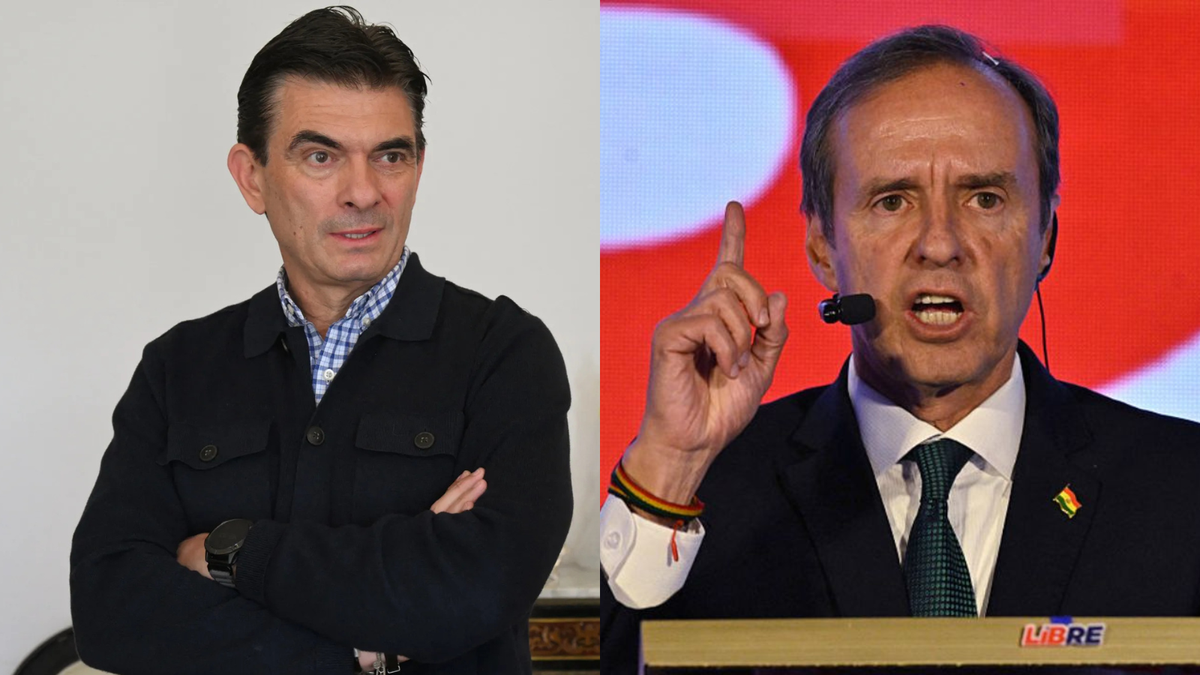The collective bargaining round for retail has been dragging on since April 2023. There is hardly any movement in the regional negotiations. There is discontent in the union camp.
In the collective bargaining negotiations for the retail sector, which have been deadlocked for months, the Verdi union has accused employers of continuing to refuse talks. “Instead of advising on how to go into the new year with a final offer,” the retail association HDE is dealing with new structures for negotiations, criticized Verdi federal board member Silke Zimmer. “Instead of smokescreens, we need results,” said the Verdi expert responsible for retail to the dpa.
Zimmer responded to discussions by the trade association about a new tariff structure. The HDE recently announced after a meeting of the collective bargaining committee that, based on the experience of more than 60 unsuccessful collective bargaining rounds, a possible realignment of the collective bargaining structures had been discussed. Collective bargaining for the approximately five million employees is conducted regionally – on different dates depending on the region. Negotiations have been ongoing in some tariff areas since April 2023.
Zimmer: 90 percent of employees are at risk of poverty in old age
Zimmer called it “scandalous if the result of the first meeting of the HDE’s Collective Bargaining Policy Committee in the new year was not an appropriate response to the problems faced by the employees.” Because of low wages, 90 percent of employees are already at acute risk of poverty in old age. Many worked for low wages.
“That’s why sustainable, table-effective wage increases are so important,” said Zimmer. These must and could only be achieved through negotiations through legitimate structures with elected representatives on the employee and employer sides. The state collective bargaining commissions are ready to negotiate any day and come to a conclusion. “Structural debates can still be had after a collective agreement has been concluded,” said Zimmer.
Among other things, the union is demanding at least 2.50 euros more per hour in all regions for a period of one year. Depending on the country, there are additional requirements. The employers recently offered a tariff increase of a total of 10.24 percent over a two-year term, as well as an inflation compensation bonus of 750 euros and a collectively agreed minimum wage.
Source: Stern




